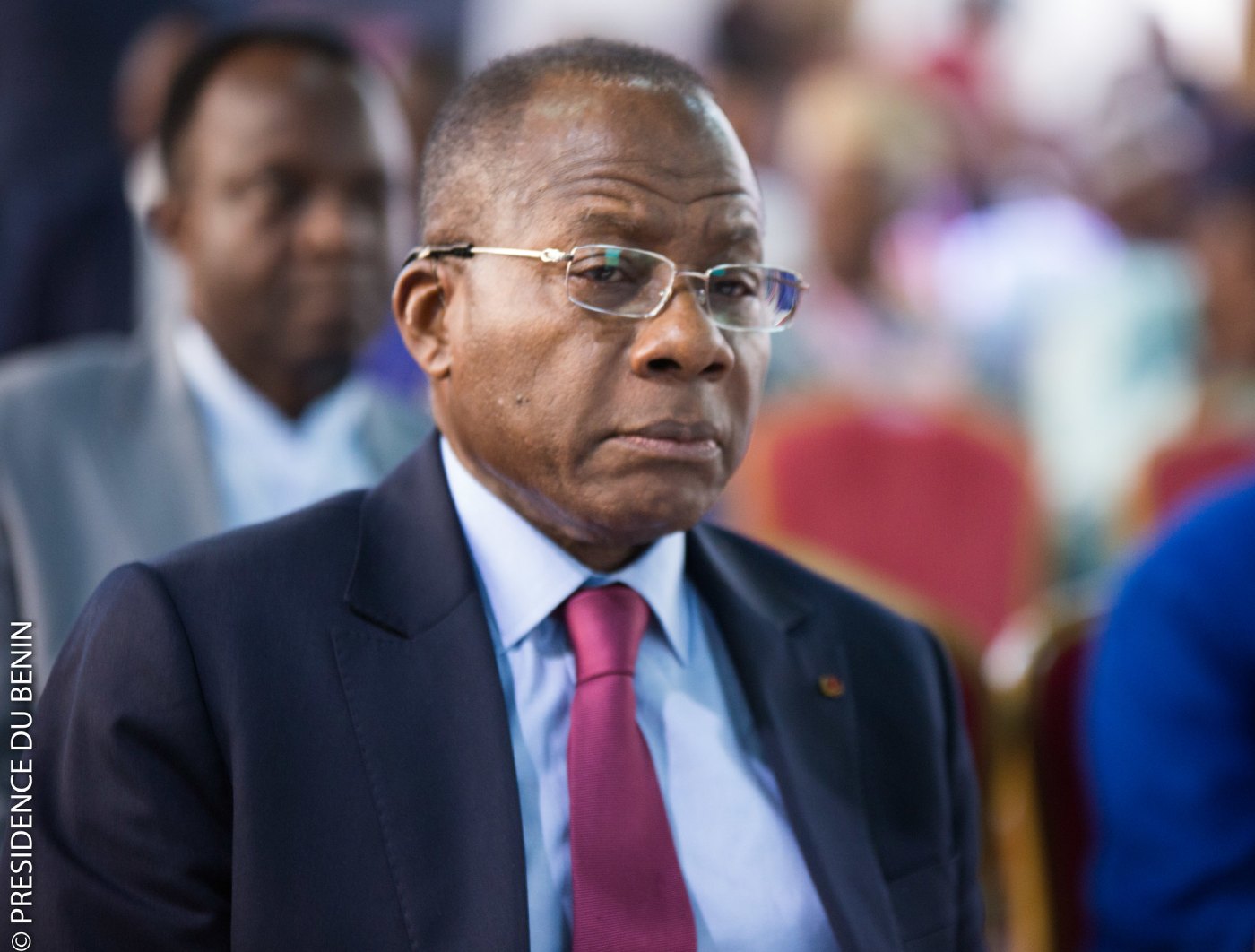Benin: Olushegun Bakari invites the youth of Ouémé to turn the page on Houngbédji
During his appearance on “L’entretien Grand Format” on Bip Radio, the Minister of Foreign Affairs, Olushegun Adjadi Bakari, responded cautiously but firmly to recent statements by Me Adrien Houngbédji.

Although the minister refrained from directly commenting on the words of the former President of the National Assembly, he nonetheless sent a clear message to the youth of Ouémé.
Asked about Me Adrien Houngbédji’s positions, Olushegun Adjadi Bakari opted for the elegance of silence over direct controversy. “I refuse to comment on his words, out of respect for my upbringing,” he confided.
However, this restraint did not prevent the minister from making an implicit but strong criticism: the need to move beyond figures and rhetoric of the past.
“A good part of the youth of Ouémé was involved in his party. But, concretely, what have they gained?” he questioned.
According to him, young people need to break away from a political image that has become obsolete. “We, the youth of Ouémé, should leave this image behind us,” he stated, calling for a new momentum towards the future.
Olushegun Adjadi Bakari also praised the government’s achievements in the Ouémé department under what is called the rupture regime. “There have been enormous investments in Ouémé,” he recalled, before adding on a more personal note: “When I go to Porto-Novo, I don’t even recognize it.“
This testimony aims to illustrate, according to him, the visible transformation in the region and to encourage the youth to engage in a constructive dynamic, in line with Benin’s ambitions today.
The minister’s remarks came a few months after the notable statement by Me Adrien Houngbédji, a member of the presidential movement. In February 2025, the former President of the National Assembly called for the release of “political prisoners” and the return of exiles, sparking strong reactions within the political class.
“What concerns me is that no one should enter from the right and another exit from the left. We must always stay together to build the country,” he declared.
In a call for national dialogue, Me Houngbédji also wished for a return to the “spirit of renunciation” that made the 1990 National Conference possible, calling for a new gathering under the “palaver tree.”
“Let us discuss what divides us, and find solutions that allow all the children of Benin to stay together to build the country,” he pleaded.
In response to this vision turned towards the past, reconciliation, and consensus, Olushegun Adjadi Bakari’s response seems to signal a generational and strategic shift: for him, the focus is elsewhere, in action, in the future, and in the ability to build without nostalgia or ulterior motives.


Comments